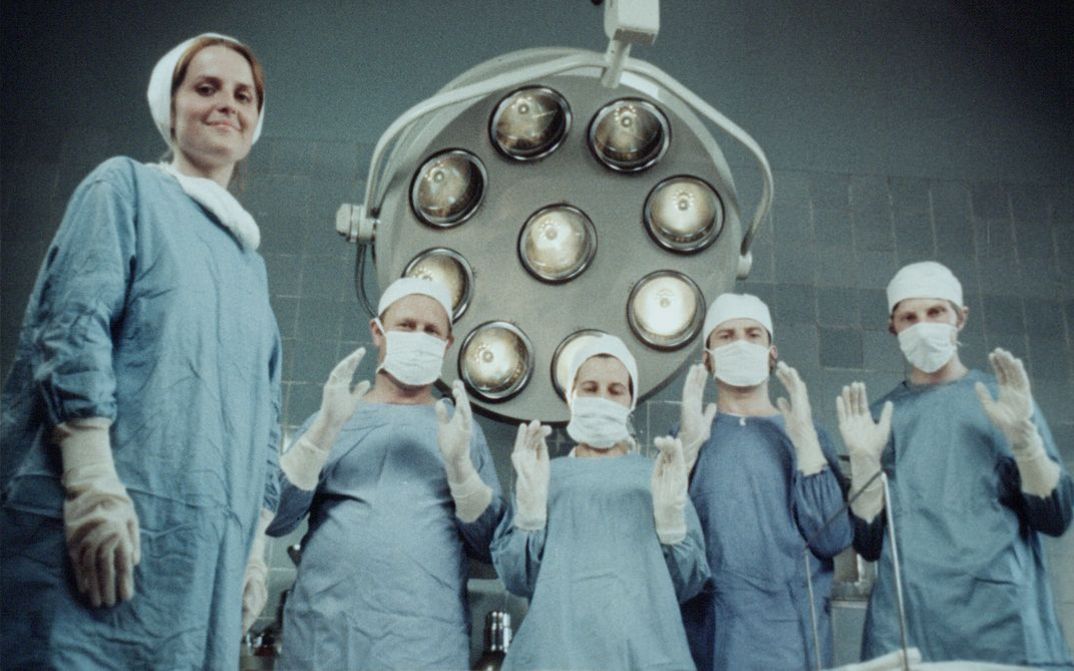Bucharest International Experimental Film Festival: Common Ground

Running from 19. to 28.9. and entitled “Common Grand”, the 15th Bucharest International Experimental Film Festival offers a space of exchange for artistic positions and practices at a time of crisis. Allowing new narratives to unfold that permit ruptures and ambiguities, the conscious decision to work together collaboratively and the momentum of cohesion that emerges along the way form the thematic backdrop to this year’s festival and the program curated by Arsenal within this context. “Eastern Elegies – Reflections of a Bygone Era” is dedicated to critically challenging dominant ideological attributions within the former states of the Eastern Block and the Soviet Union. In the two films by Anna Zett, ENDARCHIV (Germany 2019) and ES GIBT KEINE ANGST (Germany 2023), different layers of historical and personal memory are revealed. Zuza Banasińska’s GRANDMAMAUNTSISTERCAT (Netherlands/Poland 2024) carries out an act of artistic resistance by transforming film material produced for education and propaganda purposes in Communist Poland into a site of autofictional, matriarchal memory. In her collage of Central Asian films from the Arsenal archive WHO’S VOICE IS THIS? (Germany/Kazakhstan/Uzbekistan 2024), Dana Iskakova traces the influence of Soviet ideology on the films from the 60s to the 90s and documents its gradual erosion as well as the effects of perestroika. The “Yugantar Film Collective – Times For Radical Change” program is dedicated to Yugantar, India’s first feminist film collective. Founded in 1980 by Deepa Dhanraj, Abha Baiya, Navroze Contractor and Meera Rao, the collective made four films together with existing women’s groups and those that had been recently founded. They thus collaborated with household employees in Pune: MOLKARIN (Maid Servant, 1981), factory workers in Nipani: TAMBAKU CHAAKILA OOB ALI (Tobacco Embers, 1982), Stree Shakhti Sanghatana, a feminist research and activist collective in Hyderabad: IDHI KATHA MATRAMENA (Is This Just a Story?, 1983) and members of the Chipko environmental movement: SUDESHA (1983). All the films were digitally restored by Arsenal. (Angelika Ramlow)